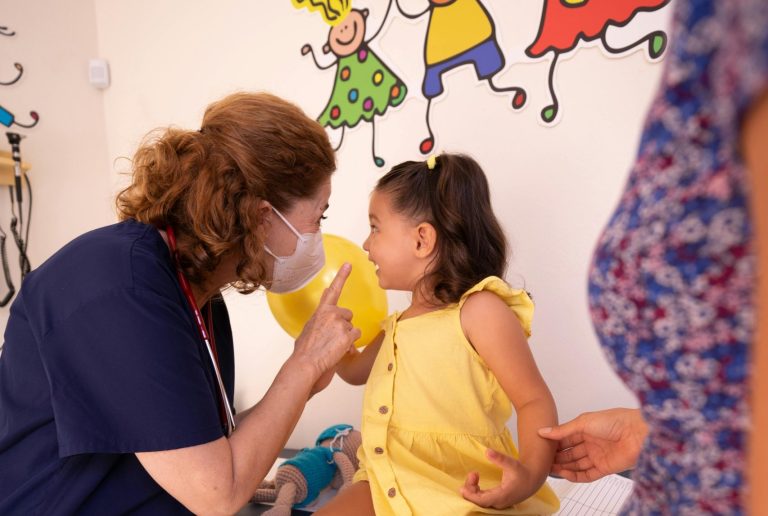
Refresher Course in Medicines Administration | In-Person | Half-day
A half-day in-person refresher workshop in medicines administration suitable for: Care homes Community settings Day services Reablement Supported living Children's services Mixed…
Scroll down and either use filters to find your course or search by course title or keyword

Use these filters to choose: 1) care setting, then 2) course type, then 3) delivery format

A half-day in-person refresher workshop in medicines administration suitable for: Care homes Community settings Day services Reablement Supported living Children's services Mixed…

Our full day in-person Foundation course, suitable for: Care homes Children's services Mixed settings.

Our half-day in-person Foundation course, suitable for all care settings: Care homes Community settings Day services Reablement Supported living Children's services Mixed…

An in-person Foundation Course in Medicines Administration specific to Shared Lives and Foster Carers.

A full-day in-person refresher workshop in medicines administration suitable for: Care homes Community settings Day services Reablement Supported living Children's services Mixed…

This course teaches staff how to support pupils in school with asthma, allergies and anaphylaxis.

This course teaches staff how to support school children with diabetes.

This in-person workshop teaches staff how to manage medicines in schools in line with the…

A practical face-to-face workshop teaching how to safely administer rectal medications including suppositories and enemas,…

The course teaches how to care for and administer medicines through a gastronomy tube.

This course teaches staff how to support people with diabetes.

This course teaches staff how to support individuals with allergies and anaphylaxis.

The Medicines Knowledge course on anticoagulants and high-risk drugs will familiarise you with these higher-risk…

This course will teach you how to manage and administer controlled drugs in line with…

A practical face-to-face workshop teaching how to manage and treat a seizure with a vagal…

A practical face-to-face workshop teaching how to manage and treat a seizure with Rectal paraldehyde.

A practical face-to-face workshop teaching how to manage and treat a seizure with Rectal diazepam.

A practical face-to-face workshop teaching how to manage and treat a seizure with buccal midazolam.

A practical face-to-face workshop for schools teaching how to manage and treat a seizure with…

A practical face-to-face workshop teaching how to manage and treat a seizure with buccal midazolam.

An in-person course teaching how to compile an accurate list of medicines for a client…
No products were found.

Lorem ipsum
View public courses we run on regular dates that you can attend individually.